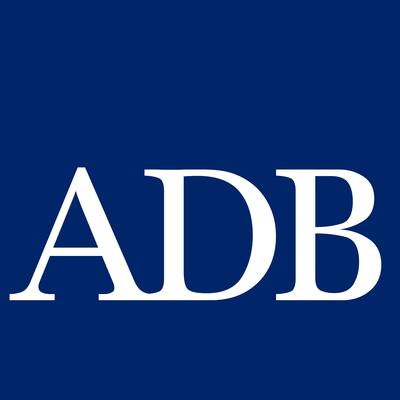The Ombudsperson's Perspective:
In Safe Hands
A question the Ombuds team is often asked is why the Office of the Ombudsperson addresses concerns around domestic abuse and violence when this is a “private matter” that has nothing to do with the workplace.
However, these issues do, in fact, affect the workplace in many ways. And we have an obligation to provide support to staff who come to us for help, the least of which is to listen, empower, and educate.
The cases brought to our attention have been raised by individuals in the ADB headquarters, field offices, as well as other locations—and these cases are surprisingly greater in number than many imagine. This issue cuts across status and background, affecting all nationalities, genders, religions, socioeconomic conditions, and ages.
More often than not, the alleged victims we spoke to were staff members. However, there were also cases where the staff members were the initiators of abuse. In other instances, employees of ADB staff were victimized by other members of the staff’s extended family.
Before the pandemic, the Ombuds Office only heard “whispers” of this issue through second and third parties seeking advice on how to assist friends, colleagues, or family members. Individuals rarely came to the OOMP to disclose such personal challenges.
However, since the onset of the pandemic, the Ombuds Office has received and responded to increasing numbers of requests for help from people experiencing some form of domestic abuse. This disturbing trend has continued into 2021.
While the actual numbers may seem minor from year to year, there are a few reasons why we consider these concerning.
To reiterate, there were no such cases received by the Ombuds team in previous years.
Moreover, these cases are some of the most disturbing and emotionally taxing ones that our team has to deal with. They are extraordinarily complex and often continue over a prolonged period of time.
Steps towards resolution can require the involvement of trained professionals; but, even so, there is no clear path to resolution. In fact, solutions are simply fleeting illusions because the issue may remain difficult to resolve.
In every case we managed, the pandemic was not the direct cause. But it did worsen an underlying issue and increased the frequency and intensity of incidents.
This is not an issue that is unique to ADB. Globally, there has been a reported rise in disclosed cases of domestic abuse and violence. In 2020, the United Nations Entity for Gender Equality and the Empowerment of Women, also known as UN Women, called domestic abuse
"the shadow pandemic."
In many of the cases the Ombuds Office received, victims lacked awareness of their rights, especially in terms of country-specific contexts. They were unaware of legislative or other support systems, which held them back from seeking help. They only mustered enough courage to access help or give it serious consideration after an exceptionally violent or disturbing incident.
To be clear, domestic abuse is not limited to spousal or partner abuse. It can involve the abuse of children, people with disabilities, older people, and other household members.
Additionally, domestic abuse is not just physical. It can also be a psychological, financial, or emotional form of coercion and abuse.
In our experience, the pattern has been such that a staff member or spouse will go to great lengths to keep this issue a secret and will often deny it when approached by someone who shows concern. Their denial can lead to further isolation and continued abuse. Cultural and religious values or other societal norms may stand in the way of people seeking meaningful help with regard to the issue of domestic abuse.


